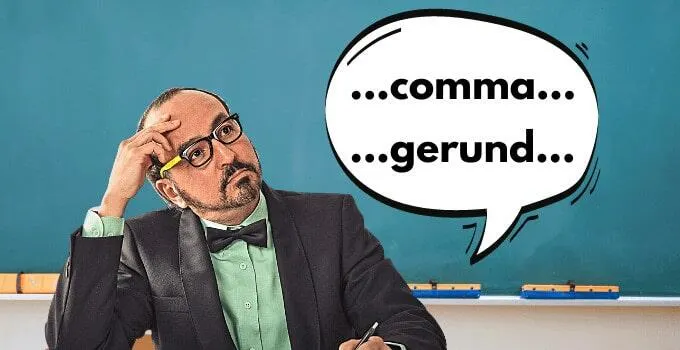The use of commas in written English may already seem as clear as mud. Similarly, cohesive devices such as pronominal adverbs may also make a learner feel like twisting a knife. Despite being intimidating in nature, the function of commas and pronominal adverbs remains hugely the same which is to logically bind words, phrases, or …
Grammar
When it comes to punctuation, the comma is probably the most used punctuation next to the period. However, unlike the period, using commas can be tricky which can lead to committing errors in their use. These mistakes can make your writing less effective, especially when readers have a harder time understanding due to the improper …
Words like yes, no and maybe are important parts of the English language despite how small they are. While you’re not likely to use these words in a written context very often, there are some situations where they can save you a lot of time and significantly aid in clarity. To use them properly, however, …
It’s, a bit, annoying, when people, put unnecessary commas, in sentences. Let’s eat Tracy! Commas are generally used to signal the reader in taking quick breaks to breathe before proceeding to the next part of the sentence. While commas are essential in separating word series, phrases, or clauses, their unnecessary usage makes sentences awkward and …
Today’s topic is not about rain versus sun (that’s the “weather”) and it doesn’t involve rope, either (that’s a “knot”). Instead, we’re looking at the phrase “whether or not.” How to use the phrase “whether or not” in a sentence The word “whether” is a conjunction used to show that more than one …
A gerund is a verb with “ing” added to the end of it. That sounds pretty straightforward, but identifying a gerund is not quite as simple as that because adding “ing” to a noun does not automatically make it a verb. Only some verbs ending in “ing” are gerunds. We’ll discuss more at length how …
When you should and shouldn’t use a comma after the word “recently.” There are a lot of complicated rules in the English language, but commas certainly take the cake. No matter how familiar you are with commas, there are some that can really trip you up. In this article, we’ll look at the word “recently” …
When it comes to articles, English speakers have it easy. They only have to contend with “a,” “an,” and “the.” They don’t have to figure out whether a word is masculine or feminine like their french cousins who have to use “le,” “la,” and “les.” And, both the English and French are better off than …
Understanding how and when to use the comma in English can be confusing. One reason is because there is not always a strict rule about when to use a comma. Both native and foreign speakers of English struggle with comma usage. While there are times when you definitely need a comma and times when you …









